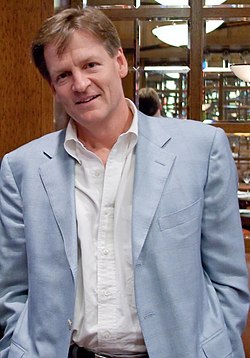Michael Lewis Quote
Holding one's self responsible is a critical feature in stigma and in the generation of shame since violation of standards, rules, and goals are insufficient in its elicitation unless responsibility can be placed on the self. Stigma may differ from other elicitors of shame and guilt, in part because it is a social appearance factor. The degree to which the stigma is socially apparent is the degree to which one must negotiate the issue of blame, not only for one's self but between one's self and the other who is witness to the stigma. Stigmatization is a much more powerful elicitor of shame and guilt in that it requires a negotiation not only between one's self and one's attributions, but between one's self and the attributions of others.
Holding one's self responsible is a critical feature in stigma and in the generation of shame since violation of standards, rules, and goals are insufficient in its elicitation unless responsibility can be placed on the self. Stigma may differ from other elicitors of shame and guilt, in part because it is a social appearance factor. The degree to which the stigma is socially apparent is the degree to which one must negotiate the issue of blame, not only for one's self but between one's self and the other who is witness to the stigma. Stigmatization is a much more powerful elicitor of shame and guilt in that it requires a negotiation not only between one's self and one's attributions, but between one's self and the attributions of others.
Related Quotes
About Michael Lewis
Lewis was born in New Orleans and attended Princeton University, from which he graduated with a degree in art history. After attending the London School of Economics, he began a career on Wall Street during the 1980s as a bond salesman at Salomon Brothers. The experience prompted him to write his first book, Liar's Poker (1989). Fourteen years later, Lewis wrote Moneyball: The Art of Winning an Unfair Game (2003), in which he investigated the success of the Oakland Athletics baseball team and their general manager Billy Beane. His 2006 book The Blind Side: Evolution of a Game was his first to be adapted into a film, The Blind Side (2009). In 2010, he released The Big Short: Inside the Doomsday Machine. The film adaptation of Moneyball was released in 2011, followed by The Big Short in 2015.
Lewis's books have won two Los Angeles Times Book Prizes and several have reached number one on The New York Times Best Seller list, including his most recent book, Going Infinite (2023).
